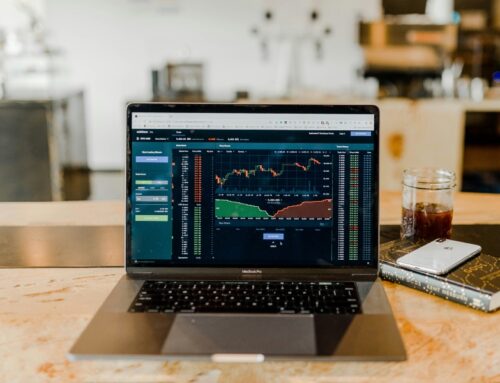Treasury Shares in Singapore refer to shares that a company has repurchased from its existing shareholders and holds in its own name. These shares do not have voting rights, do not receive dividends, and are not counted when calculating earnings per share (EPS). The concept of treasury shares is governed under the Singapore Companies Act, and companies listed on the Singapore Exchange (SGX) can buy back shares subject to certain rules.
How Treasury Shares Work in Singapore
- Share Repurchase: A company can buy back its shares from the open market or through a specific buyback offer.
- Holding in Treasury: Instead of cancelling the repurchased shares, the company can choose to hold them as treasury shares.
- No Voting or Dividend Rights: These shares do not confer voting rights, nor are they entitled to dividends.
- Re-Issue or Cancellation: The company can either re-issue the shares to raise capital later, or cancel them if needed.
Benefits and Advantages of Treasury Shares
- Capital Structure Optimization: By repurchasing shares, the company can reduce the number of shares outstanding, thus improving key financial ratios such as earnings per share (EPS), which might make the stock more attractive to investors.
- Stock Price Support: Buying back shares can support the stock price if the company believes the shares are undervalued. It signals confidence to investors about the company’s future prospects.
- Flexibility in Capital Management: Treasury shares give a company flexibility in managing its capital. For instance, if a company needs to issue shares for future mergers and acquisitions, employee share schemes, or fundraising, it can re-issue treasury shares rather than issuing new shares.
- Avoid Dilution: Treasury shares can help a company manage the dilution effect of employee stock options or new share issuances. When employees exercise their stock options, the company can issue treasury shares instead of new shares, preventing dilution of the existing shareholders’ ownership.
- Increased Ownership: Share buybacks increase the ownership percentage of existing shareholders as there are fewer shares outstanding, giving them more control over corporate decisions.
- Tax Efficiency: In certain circumstances, buybacks may be more tax-efficient for shareholders compared to dividends, depending on local tax regulations.
- Enhances Return on Equity (ROE): By reducing equity through share buybacks, the company may boost its return on equity, a key performance indicator that investors use to measure the profitability of a company.
Limitations and Considerations
- Opportunity Cost: Funds used for repurchasing shares could have been invested in new projects, R&D, or business expansion.
- Market Perception: If a company buys back shares but does not improve its underlying business, investors may view it as a sign that the company has limited growth opportunities.
In summary, treasury shares offer strategic benefits to companies in Singapore, enabling flexibility in managing capital, supporting share prices, and optimizing financial metrics. However, companies must balance these actions with their long-term growth strategies. If you have any queries regarding treasury shares and other company-related matters, feel free to contact the Raffles Corporate Services corporate secretarial team.
Yours sincerely,
The editorial team at Raffles Corporate Services







Leave A Comment